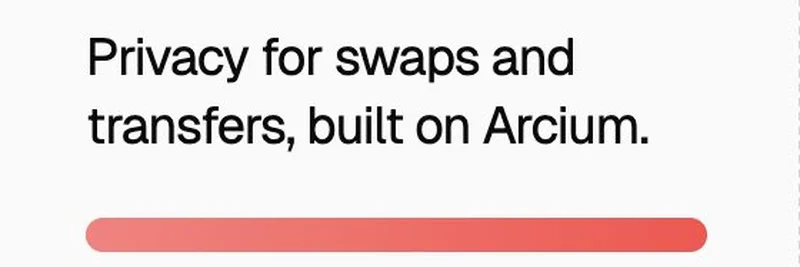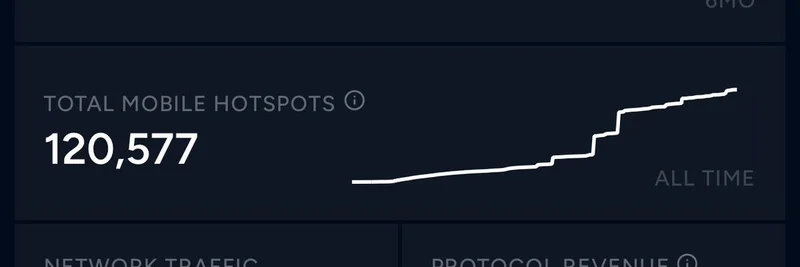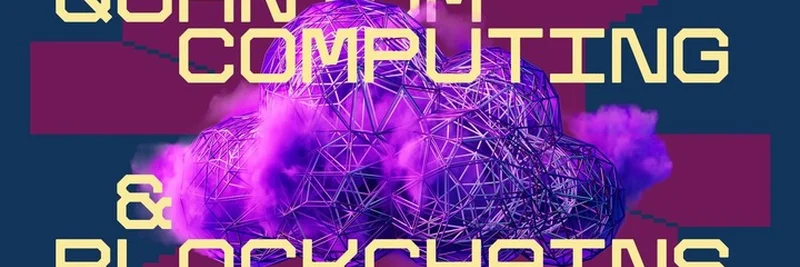In a tweet that's been turning heads in the crypto community, Irffan Asiff highlighted the impressive fundraising momentum for Umbra, a privacy-focused protocol built on Arcium. At the time of the post, commitments had already hit $86.3 million, inching close to the $100 million mark—and as of now, it's wrapped up at a staggering $154.9 million in USDC through an Initial Coin Offering (ICO) on MetaDAO. This isn't just another funding round; it's a testament to how innovative mechanisms in decentralized finance (DeFi) are drawing massive capital, especially on the high-speed Solana blockchain.
What is Umbra?
Umbra is essentially the "incognito mode" for your crypto transactions on Solana. Built on Arcium—a confidential computing network that uses advanced cryptography to keep data private while still allowing computations—Umbra enables users to perform swaps and transfers without exposing sensitive details on the public blockchain. In simple terms, swaps are like exchanging one token for another, and transfers are sending assets from one wallet to another. Normally, these actions are fully transparent on blockchains like Solana, which is great for accountability but not so much for privacy. Umbra changes that by encrypting transaction data right on your device before it hits the chain, making it ideal for anyone who wants to keep their financial moves under wraps.
This protocol isn't just about hiding transactions; it's designed to be composable, meaning it can integrate seamlessly with other DeFi tools, and compliance-ready, so it could appeal to regulated entities down the line. For meme token traders, who often deal with volatile, community-driven assets on Solana, this means less risk of front-running—where bots snipe your trades—or unwanted scrutiny on your portfolio moves.
The Power of MetaDAO's Mechanism
The buzz around Umbra's raise stems from MetaDAO's unique approach to funding. MetaDAO uses a system called futarchy, which is a governance model where decisions are made based on prediction markets rather than traditional voting. In this ICO, participants commit funds to back Umbra, essentially betting on its success through market-driven ownership. The tweet from Irffan points out how "mechanism matters a lot," emphasizing that MetaDAO's setup on Solana has enabled nearly $155 million in commitments— one of the largest on the platform to date.
What makes this "unruggable"? Futarchy aims to align incentives so that bad projects get weeded out by market forces, reducing the risk of scams that plague some crypto launches. For Solana enthusiasts, this is huge because it showcases the chain's capability to handle sophisticated, high-stakes financial experiments without the congestion issues seen on other networks.
Why This Matters for Meme Tokens
At Meme Insider, we're all about meme tokens—the fun, viral side of crypto that often starts on Solana with pumps, dumps, and everything in between. Umbra's privacy features could be a game-changer here. Meme trading is fast-paced and speculative, but public blockchains make it easy for whales or bots to track and mimic your strategies. With Umbra, you could swap into the next hot dog-themed token or transfer gains privately, adding a layer of strategy and security.
Plus, as Solana's ecosystem grows with more meme projects, tools like Umbra help mature the space. Privacy isn't just for serious DeFi; it empowers retail traders and communities to engage without fear of exposure. Imagine launching a meme token DAO with confidential voting or private airdrops—Umbra opens doors to innovative, privacy-preserving meme mechanics.
Looking Ahead
The rapid success of Umbra's ICO signals strong confidence in Solana's infrastructure and Arcium's tech stack. As the protocol rolls out, keep an eye on how it integrates with popular Solana wallets and DEXs. For meme token hunters, this could mean safer, stealthier plays in the wild world of crypto. If you're diving into Solana memes, tools like Umbra might just give you the edge you need. Stay tuned to Meme Insider for more updates on how privacy protocols are shaping the meme token landscape.



